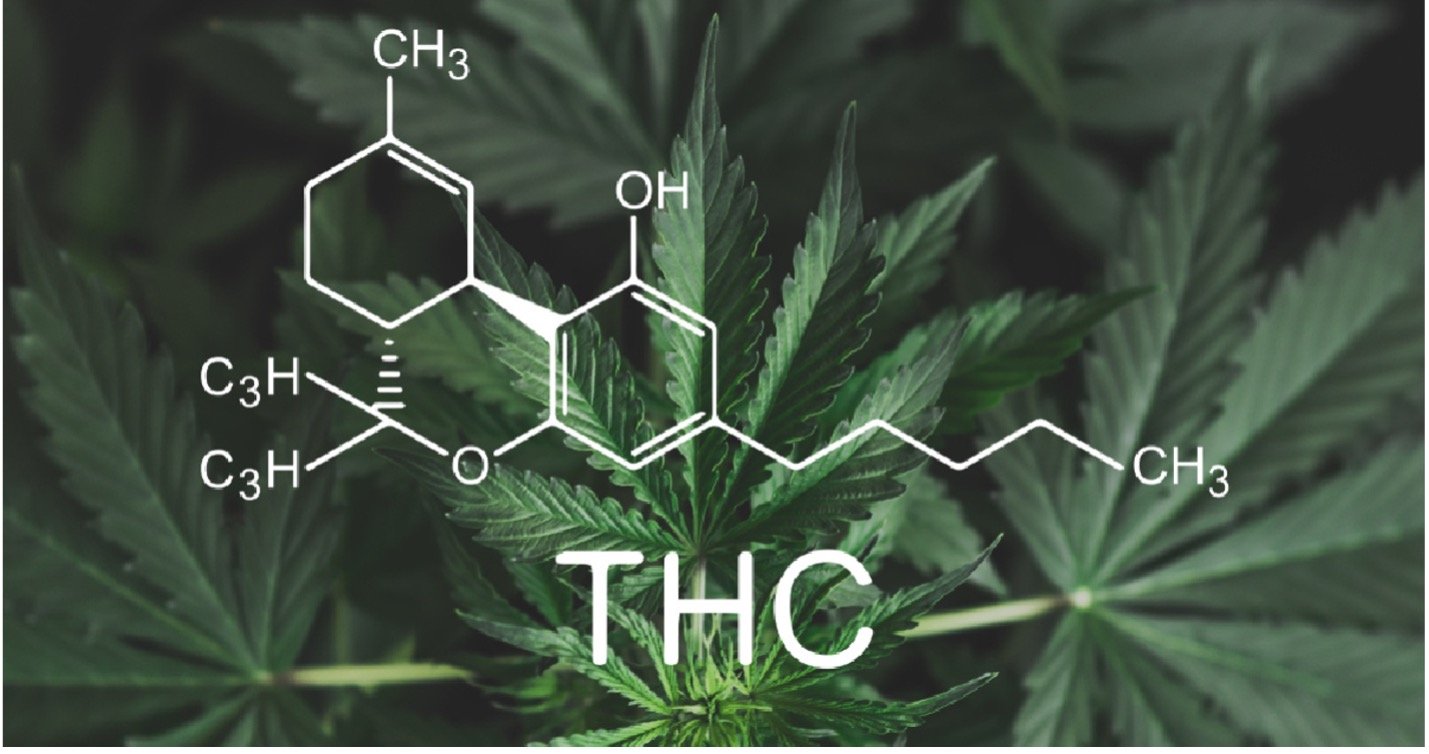
THC—you’ve likely heard about this beloved compound found in the cannabis plant that has sparked both controversy and curiosity. Formally known as delta-9-tetrahydrocannabinol, THC is often associated with recreational use and a certain stigma. We’d like to shift that perception because THC also has a plethora of medicinal properties.
How THC Heals
First, let's talk about how THC works. When you consume cannabis, THC enters your bloodstream and interacts with the endocannabinoid system in your body. This system is responsible for regulating various functions such as mood, appetite, and pain sensation. THC primarily binds to cannabinoid receptors in the brain, and to lesser extent, the nervous system, resulting in its psychotropic effects.
But beyond just getting you high, THC has been shown to have several medical benefits. For example, it can help alleviate symptoms of chronic pain, which is one of the most common reasons people turn to cannabinoid medicine. THC has been found to reduce inflammation and increase pain threshold, making it an effective alternative to traditional pain medications.
In addition to pain relief, THC has also shown promise in treating nausea and vomiting, particularly in cancer patients undergoing chemotherapy. It can also stimulate appetite, making it helpful for people with conditions that cause a loss of appetite, such as HIV/AIDS or cancer.
Additionally, early research is revealing THC’s neuroprotective properties, which means it may help protect the brain from damage caused by injuries or diseases like Alzheimer's and multiple sclerosis. It can even promote the growth of new brain cells, which is something we could all use a little more of, am I right?
And let's not forget about the potential mental health benefits of THC. Research has shown that it can help alleviate symptoms of anxiety and depression, and even help with post-traumatic stress disorder (PTSD). Of course, it's important to note that everyone reacts differently to THC, and some people may experience heightened anxiety or paranoia instead.
THC and US Laws
Now, I know what you're thinking – "But wait, isn't THC illegal?" It's true that the legality of THC varies from state to state, and it's still classified as a Schedule I drug at the federal level. However, many states have legalized medical cannabis and allow for the use of THC for medical purposes with a doctor's recommendation.
But the research on THC's medical benefits is still ongoing, and there is much we don't yet know. This is partly due to the restrictions on studying cannabis in the United States, which have made it difficult for researchers to conduct rigorous analysis. But things are starting to change, and there has been a growing interest in exploring the potential of medical cannabis and its components like THC. A massive shift in this area came in December of 2022 when President Joe Biden signed into law The Medical Marijuana and Cannabidiol Research Expansion Act.
Discovering THC
One person who has played a key role in advancing our understanding of THC is none other than Raphael Mechoulam, the Israeli chemist who first isolated THC in 1964. Mechoulam has dedicated his career to studying the chemistry of cannabis and its effects on the body, and he's still going strong at the age of 90. Talk about dedication!
So, there you have it – THC is more than just a recreational drug. It has the potential to help alleviate symptoms of chronic pain, nausea, and even mental health conditions. Of course, it's important to consult with a doctor before choosing cannabis as a medical treatment, and to always use it responsibly. But the more we learn about THC and its medicinal properties, the more we can unlock its potential to help those in need.
Please note: You are not currently logged in. Only members can contribute comments. If you would like to contribute click the button below.
